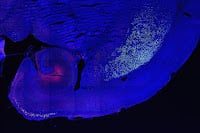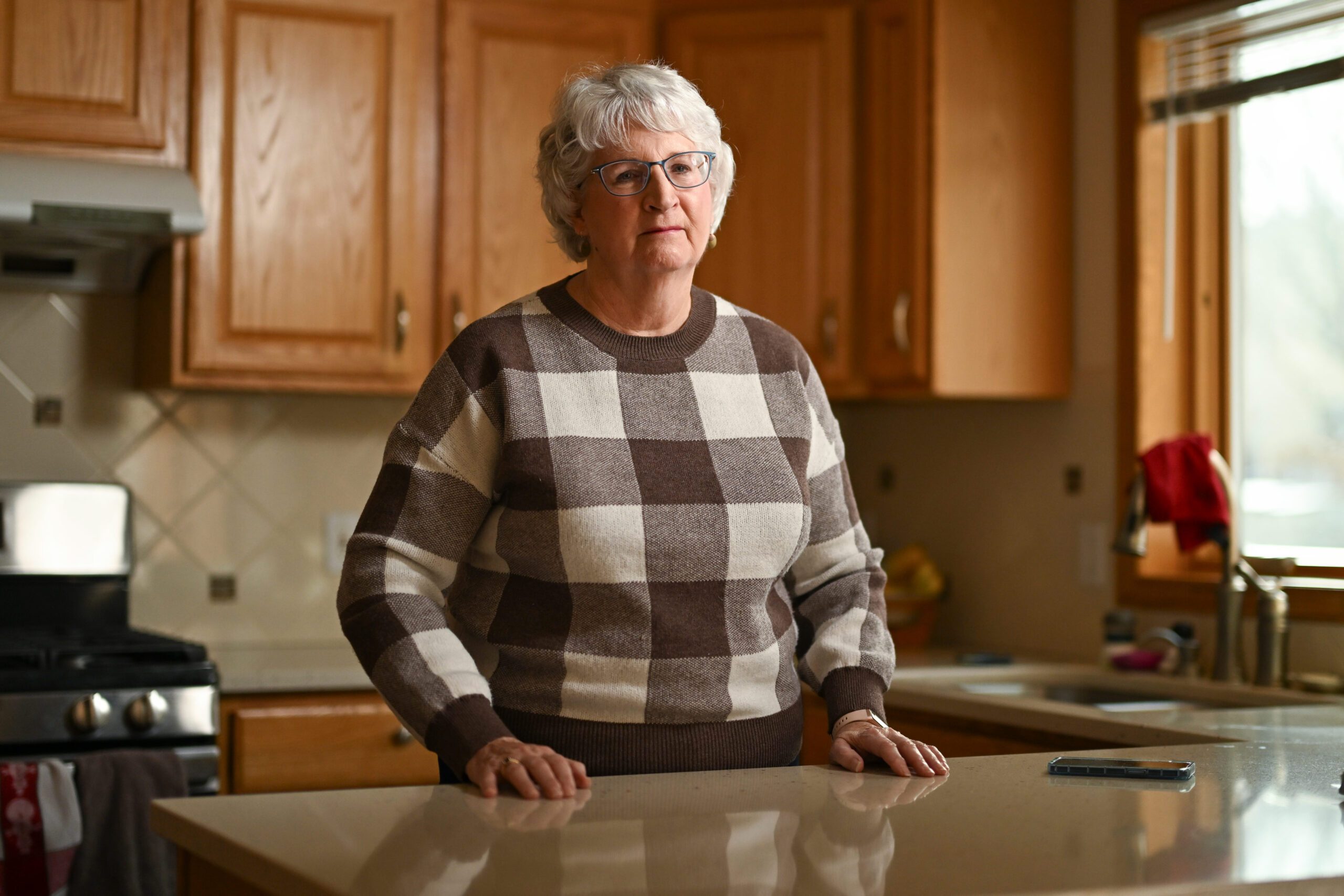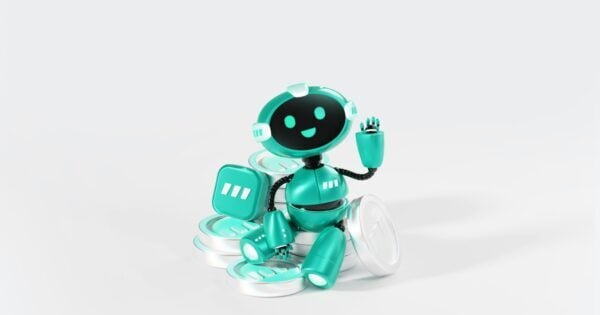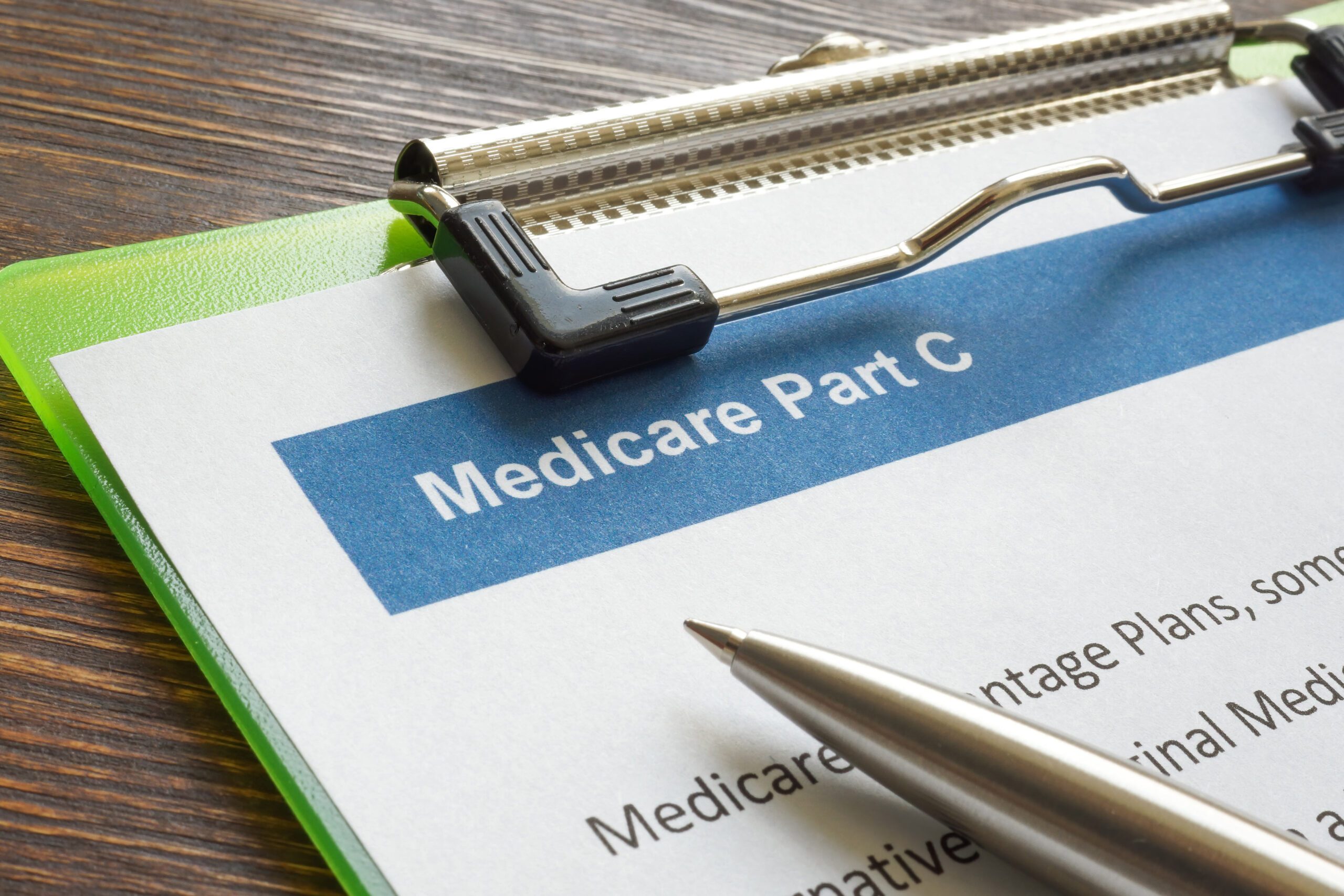
My last memoir post, Dear Psychiatrist Sam, written over two weeks ago, detailed how I’m shaking up my Tourette medications. Or really I should say: giving up my Tourette medication. The shake-up is I quit taking Risperidone, the antipsychotic meant to reduce my tics, my unintended movements and vocalizations. I didn’t quit in a huff. I didn’t storm out of the room screaming “I’m done with you!” I thought about it. I wrote about it. I consulted my psychiatrist. As I weened myself from the meds, I carefully tracked how I felt.
 How do I feel? On my fourth night, awake in bed, I worried that the snowplow didn’t come by my work. I drove across town and checked the property at 2:30 in the morning. I’m not sure what my plan was if they didn’t come, but driving there was the only way I could get back to sleep.
How do I feel? On my fourth night, awake in bed, I worried that the snowplow didn’t come by my work. I drove across town and checked the property at 2:30 in the morning. I’m not sure what my plan was if they didn’t come, but driving there was the only way I could get back to sleep.
On my sixth night, I ground my teeth so hard, one broke off. Don’t freak out, it was a crown anchored in a canine that had a root canal years ago. I killed a dead tooth. No pain, just a loud snap and a bit of confusion about whatever that lump was rolling around in my mouth. Three procedures will fix it—an extraction, an implant, and a new crown. The surgeon isn’t available until mid-April. When I smile, an empty space shows, like I’m a hillbilly or a grade-schooler. I try not to smile.
My anxiety spiked. The antidepressant I began taking back when Risperidone began to cause me depression was suddenly, without Risperidone, too much mood enhancement. I craved calm, not the churning snakes in the pit of my belly trying to escape up my throat, making me retch and gag. I stopped that medicine too.
Without Risperidone, I grunt, I squish my eyes, I twist my tongue around the inside of my mouth and scrape it against my teeth until it’s strained and raw and stings when I eat. I did those things before, but at a fraction of what I’m doing now.
My wife Susan googled “Ways to reduce tics?” No surprises here, I’m on day-two of eliminating caffeine from my diet. The connection between my caffeine intake and my tics is obvious—more caffeine, more tics. And my caffeine intake is heavy. I drink two large mugs of stovetop espresso every morning. Yesterday and today, I switched to half-decaffeinated. And yes, I feel quite a bit better.
Lastly, my double-vision returned. Is this even related? A few days after I quit the Risperidone, it started. First in the evening, while I read Stephen King’s Holly—the sentences jumped and jumbled and lay on top of one another. I’m good for about thirty minutes of pleasure reading each night. Then it happened at work as I tried to digest boring legal documents about elevator service contracts and our digital phone upgrade. I closed one eye to get through the worst stretch.
For the past two days, I’ve woken up with double vision, which is most concerning, since it’s historically only a problem as my eyes tire out during the day. Yesterday I went back to bed and woke up clear-visioned two hours later. Today, the problem persists and makes me worry about seeing later in the day.
Do I sound a little out of control? I feel that way. I keep trying to remind myself that this is all temporary. If my tics are too disruptive, if my caffeine reduction doesn’t help, there are a dozen other medications for me to try. Returning to Risperidone as a fallback is even an option. I just need to get through the process of eliminating medications and starting new ones in an orderly fashion so I know which change is causing what side effect.
So that’s what I’m up to. I suspect I’ll write more frequently than fortnightly, but I have little patience for the promises I read weekly on WordPress: “Sorry, I haven’t posted in three months, but I’ll post something every Monday and Thursday from now on…” I’ll spare you from promises I might not keep.
—
Previously Published on jefftcann.com
iStock image
The post Vanishing Act: What Happens When You Quit Your Meds appeared first on The Good Men Project.
Original Article










